Arns, M., Swatzyna, R.J., Gunkelman, J., & Olbrich, S. (2015). Sleep maintenance, spindling excessive beta and regulatory systems approach? Neuropsychiatric Electrophysiology electronically published June 2015.
Bell, J. S. (1979). The use of EEG theta biofeedback in the treatment of a patient with sleep-onset insomnia. Biofeedback & Self Regulation, 4(3), 229–236.
Berner, I., Schabus, M., Wienerroither, T., & Klimesch, W. (2006). The significance of sigma neurofeedback training on sleep spindles and aspects of declarative memory. Applied Psychophysiology & Biofeedback, 31(2), 97–114.
Buckelew, S., Degood, D., Taylor. J., (2013). Neuroflexibilty and sleep onset insomnia among college students: Implication for neurotherapy. Journal of Neurotherapy.
Feinstein, B., Sterman, M. B., & MacDonald, L. R. (1974). Effects of sensorimotor rhythm training on sleep. Sleep Research, 3, 134.
Hammer, B. U., Colbert, A.P., Brown, K.A. and Ilioi, E. C. (2011). Neurofeedback for Insomnia: A Pilot Study of Z-Score SMR and Individualized Protocols. Applied Psychophysiology and Biofeedback, DOI 10.1007/s10484-011-9165-y
Hammond, D. C. (2012). Neurofeedback treatment of restless legs syndrome and periodic leg movements in sleep. Journal of Neurotherapy.
Hoedlmoser, K., Pecherstorfer, T., Gruber, E., Anderer, P., Doppelmayr, M., Klimesch, W., & Schabus, M. (2008). Instrumental conditioning of human sensorimotor rhythm (12–15 Hz) and its impact on sleep as well as declarative learning. Sleep, 31(10), 1401–1408.
Leminen, M., Ahonen, L., Gröhn, M., Huotilainen, M., Paunio, T., & Virkkala, J. (2014). Comparing Auditory Stimuli for Sleep Enhancement: Mimicking a Sleeping Situation. Retrieved from https://smartech.gatech.edu/handle/1853/52132
Papalambros, N. A., Santostasi, G., Malkani, R. G., Braun, R., Weintraub, S., Paller, K. A., & Zee, P. C. (2017). Acoustic Enhancement of Sleep Slow Oscillations and Concomitant Memory Improvement in Older Adults. Frontiers in Human Neuroscience, 11. https://doi.org/10.3389/fnhum.2017.00109
Sterman, M. B., Howe, R. D., & Macdonald, L. R. (1970). Facilitation of spindle-burst sleep by conditioning of electroencephalographic activity while awake. Science, 167, 1146–1148.

